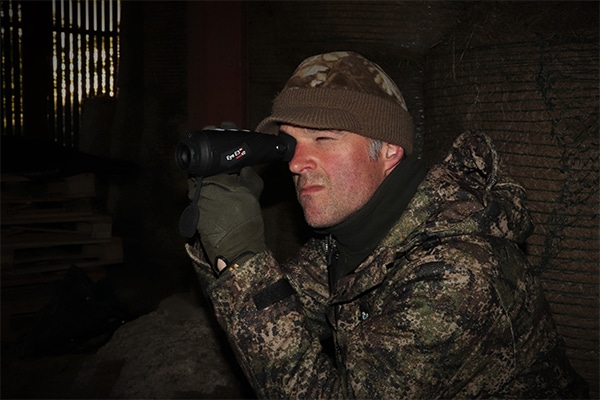
The night vision revolution
Mat Manning explains how airgun shooters can use NV optics to boost their nocturnal pest control, and flags up some of the common obstacles.
Get information on the legal shooting season for mammals and birds in the UK.
Apply for funding for your project or make a donation today
Comprehensive information and advice from our specialist firearms team.
Everything you need to know about shotgun, rifle and airgun ammunition.
Find our up-to-date information, advice and links to government resources.
Everything you need to know on firearms law and licensing.
All the latest news and advice on general licences and how they affect you.
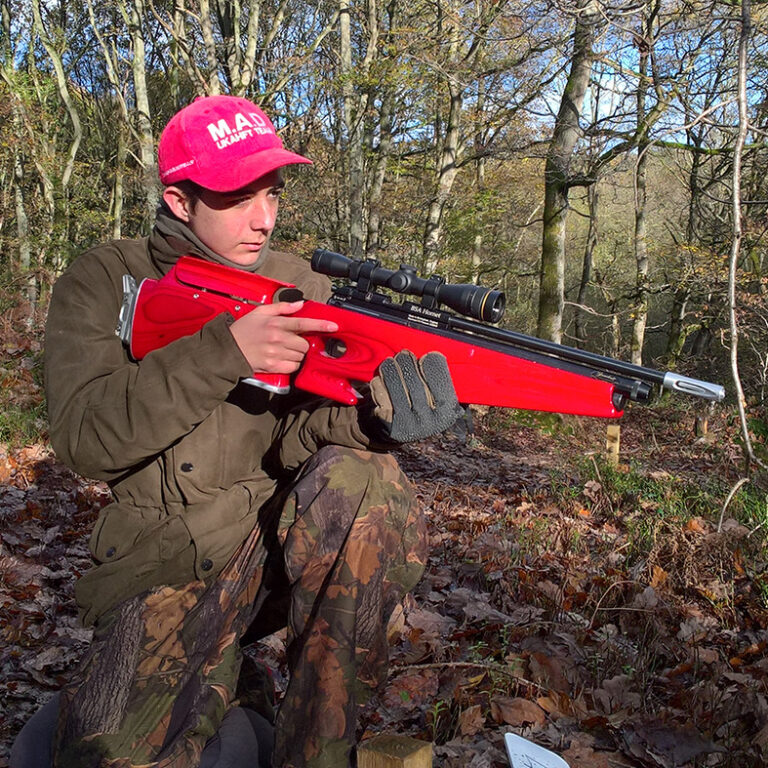

It starts with a click and a clang. A tin can dances at the bottom of the garden. You’ve dialled in your sights and landed your group just right. That sense of satisfaction – of precision and progress – is what draws so many of us into airgun shooting in the first place.
But what if you want more than garden plinking? What if you’re ready to test your skills against others, under pressure, and maybe even win a trophy or two?
Airgun competitions in the UK are thriving. From informal club shoots to nationally recognised disciplines like Field Target (FT) and Hunter Field Target (HFT), there’s a competition style for almost every kind of shooter. And contrary to what some may believe, you don’t need to be an expert marksman with the latest gear to get started.
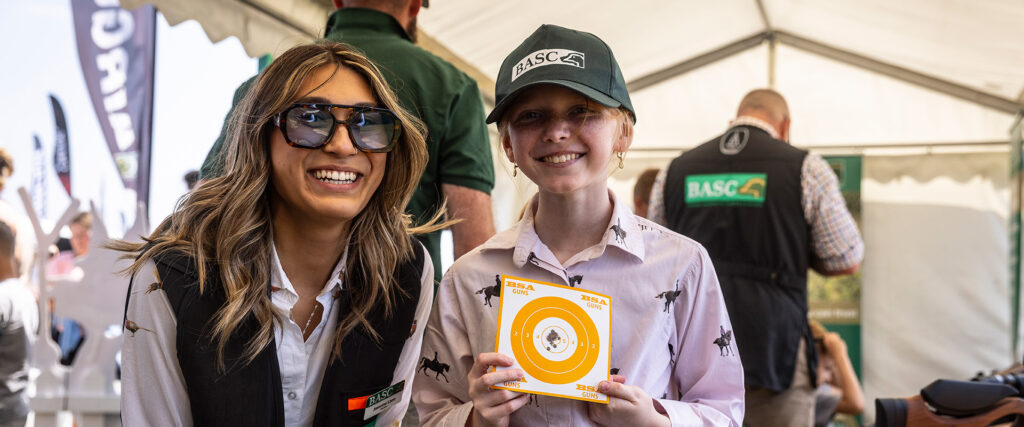
For newcomers, the sheer variety of disciplines can be a little overwhelming. But that variety is a strength. FT, for example, is a precision-based discipline that involves shooting at metallic knock-down targets set between 8 and 55 yards, often from static, supported positions.
HFT follows a similar concept but adds the challenge of a single shot per target and more varied, often trickier stances. Then there’s 10m precision shooting, bell target, and benchrest – all of which require different skills, temperaments, and setups.
The best way to find your fit? Visit your local airgun club. Most clubs offer open days or guest shoots, where you can try different competition formats with guidance from seasoned members.
Many of these clubs are affiliated with governing bodies like UKAHFT or NSRA, meaning you can move smoothly from club-level events to regional and national championships.
What surprises many new competitors is how quickly competition sharpens more than just their shooting. Range discipline, equipment maintenance, fieldcraft and focus under pressure all improve.
You’ll develop an instinct for reading wind, adjusting to unfamiliar positions, and recovering from a missed shot. These aren’t just competition skills – they’re field skills, and they make you a better all-round shooter.
And then there’s the camaraderie. Unlike some sports, airgun competitions are genuinely welcoming. The seasoned pros will happily lend you a beanbag, share advice on scope parallaxing, or suggest tweaks to your stance.
It’s a community bound by shared interest, and that community spirit keeps people coming back as much as the competition itself.
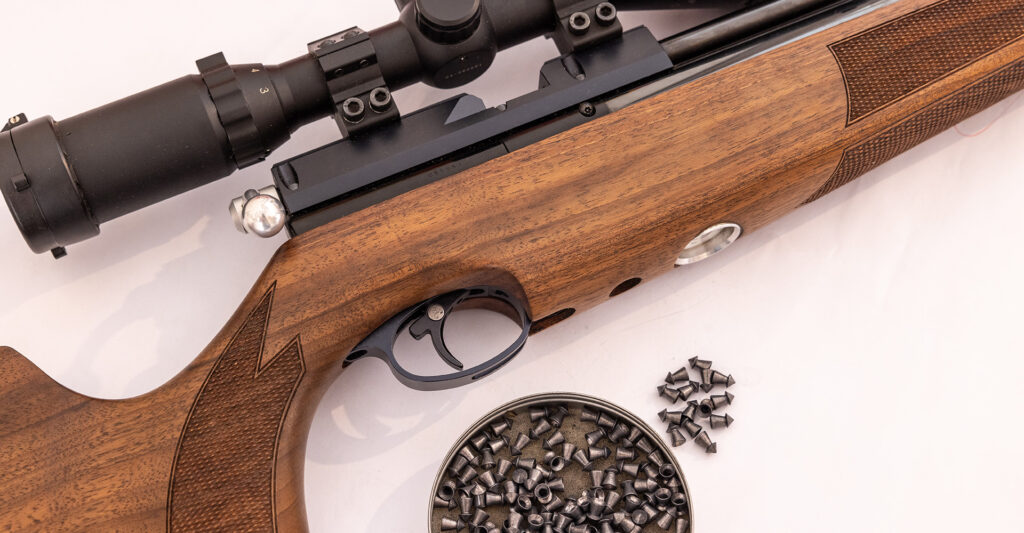
A common myth is that competitive airgun shooting demands thousands in top-end kit. While it’s true that some disciplines attract high-spec rifles and optics, many shooters begin with basic setups and work their way up. In HFT, for example, it’s not unusual to see sub-£500 combos giving pricier rigs a run for their money. Technique, familiarity and focus matter more than fancy equipment.
That said, if you do get serious, there’s an entire world of upgrades to explore – adjustable stocks, rangefinding scopes, custom triggers, ballistic calculators. But none of it is essential at the start.
At BASC, we recognise that the journey from hobbyist to competitor is one of the best ways to retain and grow participation in airgun sports.
That’s why we encourage clubs to host taster competitions, promote inter-club league shoots, and integrate safe, structured challenges into coaching days. It’s not about turning everyone into a champion – it’s about giving shooters a reason to improve, stay engaged, and take pride in their sport.
Whether you’re twelve years old with your first springer or sixty-five and rediscovering a passion for shooting, there’s a place for you. And that first clang of a competition knockdown – under pressure, with people watching – is a feeling like no other.
This article first appeared in Airgun World.


Mat Manning explains how airgun shooters can use NV optics to boost their nocturnal pest control, and flags up some of the common obstacles.

BASC has rejected proposals by the UK Woodland Assurance Standard to ban the use of lead ammunition under its banner by 2023.
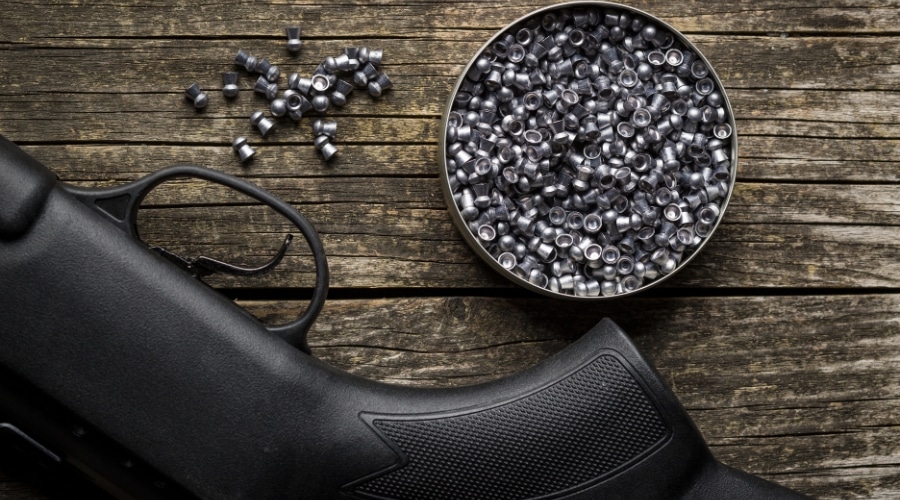
A HSE consultation on the outdoor use of lead ammunition in England, Scotland and Wales revises previous proposals, removing restrictions on the use of lead airgun pellets.